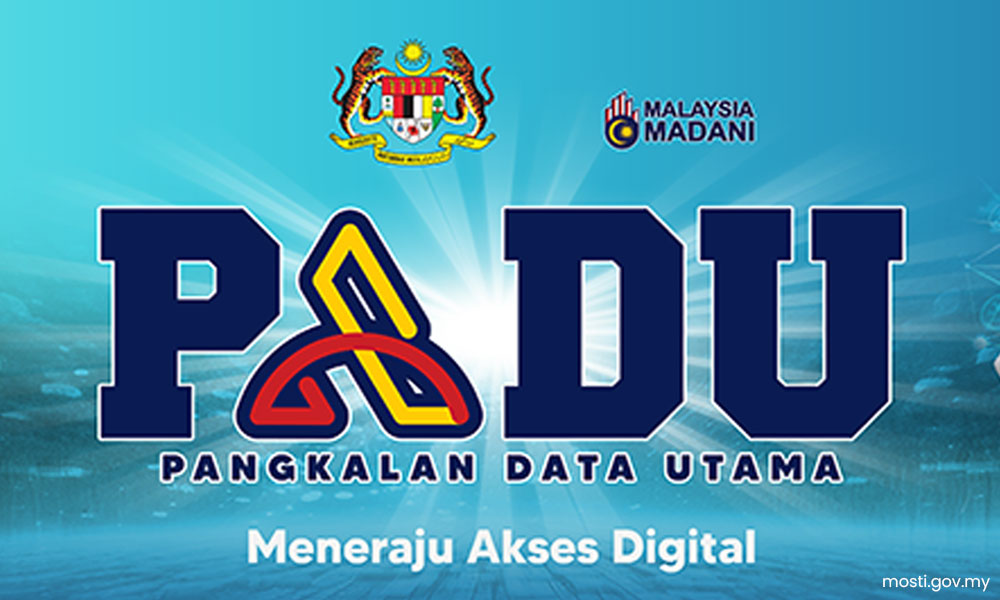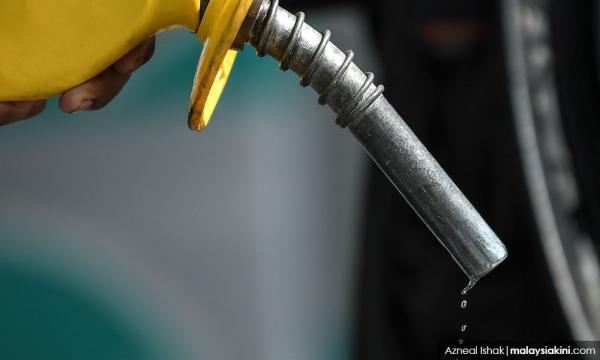LETTER | We urged the government to prioritise informing the people on the mechanism for subsidy rationalisation before implementing any subsidy removal measures that could lead to price hikes, particularly concerning petrol and diesel.
It must be emphasised the people expect good governance and transparency from the Madani government in regard to the rationalisation plan that would see subsidies removed for some segments of the public.
If the government remains resolute in its insistence that the Central Database Hub (Padu), despite its well-documented shortcomings, is the linchpin for identifying subsidy recipients, then immediate transparency is paramount.
The Economic Ministry must publish the rationale behind this mechanism and clearly define the criteria for qualification.
Furthermore, they cannot obfuscate the potential consequences of subsidy removal. The economic ramifications could easily eclipse any anticipated government savings.
We must take into consideration the crushing burden already borne by the populace. The relentless surge in costs for essentials - food, vegetables, transportation, medication - is a direct or indirect consequence of the skyrocketing Sales and Services Tax (SST).

And the government must be warned of a debilitating shock to the domestic consumer market if fuel subsidies are abruptly eliminated - triggering a sudden price spike when piled upon existing SST-induced inflation.
The Institute of Strategic Analysis and Policy Research (INSAP) conducted a random street poll recently and found that the majority of the people complained about how much food, even in hawker centres or Ramadan bazaars, costs (as much as 20 percent to 30 percent higher).
For some, eating at restaurants has become unaffordable. This translates into a potential blow to the food and beverage industry's economic activity.
Assuming the government were to give cash transfers of RM150 or RM200 to those in the low-income group, how far could they realistically stretch in the face of current income levels and economic situation?
As such, the government must halt its coercive push for Padu registration and prioritise transparency. The people deserve clear information.
What are the eligibility criteria for receiving subsidies? How will they manage Malaysia's absence of fuel subsidies? What market reactions can we expect from higher fuel costs?
The government must give the people a greater sense of confidence in how the economy is being managed and how it intends to mitigate the devastating impact on consumers already grappling with anaemic purchasing power and depressed spending.
Escalating costs, economic stagnation
The Consumer Price Index (CPI) figures may show a slight increase in inflation, but in reality, the transferability of cost arising from increased SST and more expensive imports have resulted in more expensive goods and services.
Consumer confidence, often seen as the pulse of the economy, is showing signs of distress. As Malaysians brace themselves for tougher times, businesses are also likely to feel the damage with plummeting sales, setting off a vicious cycle of economic stagnation.
For the record, the Department of Statistics Malaysia (DOSM) recorded Malaysia’s inflation in February at an increase of 1.8 percent, after three months consecutive of remaining at a rate of 1.5 percent.
According to DOSM, this increase in inflation is driven by significant increases in the main groups of housing, water, electricity, gas and other fuels at 2.7 percent (up from 2.0 percent in January); transport at 1.2 percent (January; 0.7 percent); and food and beverage at 1.9 percent (January; 2.0 percent).
Fears now mount that removing fuel subsidies would trigger a seismic shockwave through the entire system, sending the already volatile market into a tailspin.
Writer is the chairperson of the Institute of Strategic Analysis and Policy Research.
The views expressed here are those of the author/contributor and do not necessarily represent the views of Malaysiakini.


